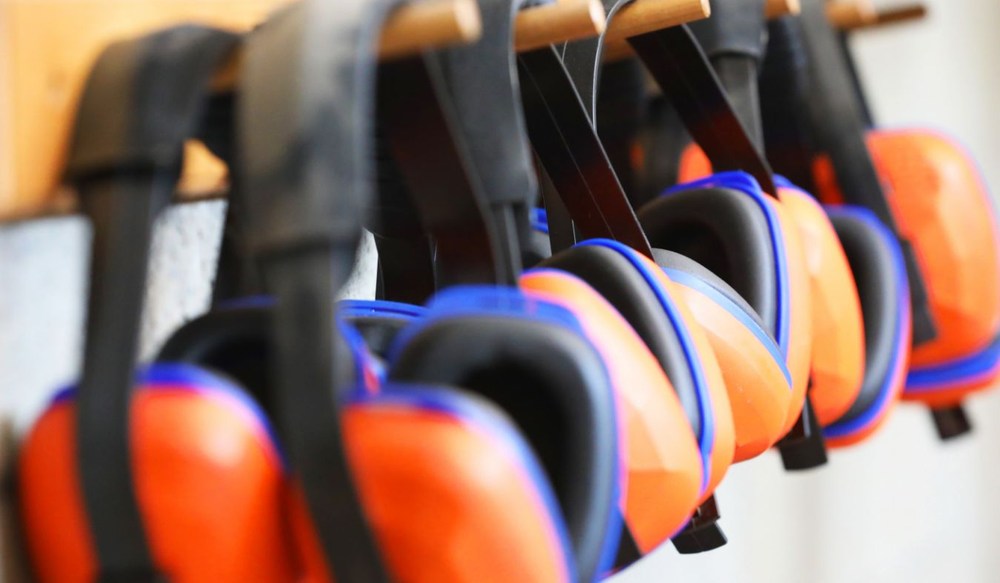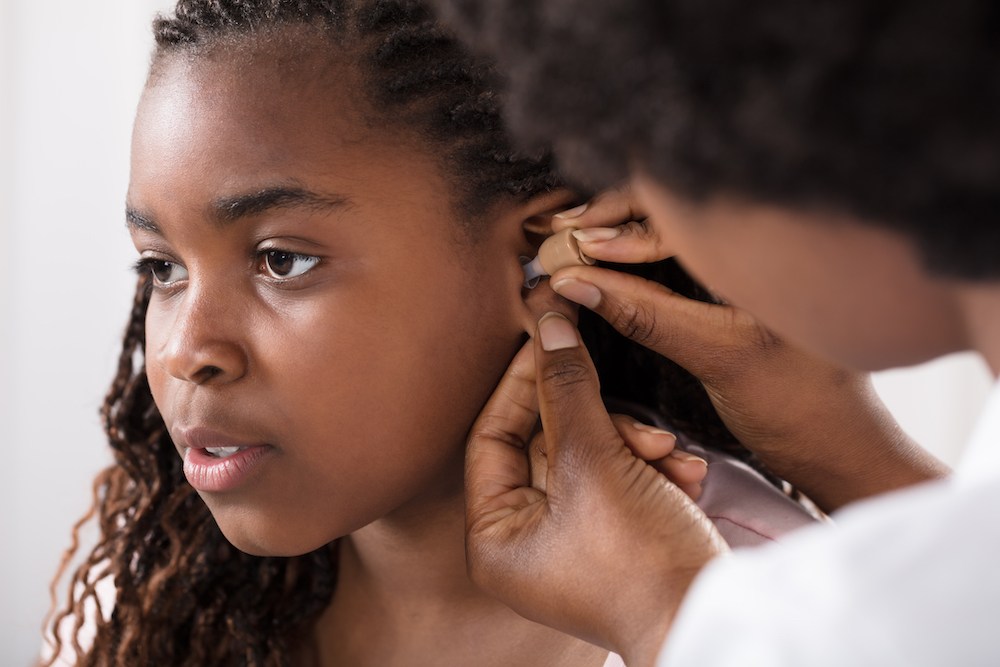What Young Adults Should Know About Hearing Protection
Hearing protection might not be something most young adults think about,
We’re Hiring! Click Here to Learn More About Our Career Opportunities →

If you experience hearing loss, chances are, you either have hearing aids or are looking for hearing aids that will suit your individual needs and preferences. Needless to say, hearing aids will prove to be a great investment for you. They will make it easier for your brain to interpret sounds around you, making day to day activities and interactions easier and improving your quality of life.
But with any piece of technology, it’s important to be aware that maintenance is extremely important in order to avoid repairs down the line. This is particularly true for hearing aids, which experience ongoing and regular use and can consequently undergo more wear and tear than other items we own. Now, there are certain pieces of misinformation going around regarding hearing aids, their maintenance and repairs. Let’s debunk them.
Hearing aids often come in plastic casing that fits inside or around your ear, which can lead many people to believe that they are completely waterproof. Unfortunately, this is a myth that can result in people exposing their hearing aids to water, resulting in damage. While there are some completely waterproof hearing aids on the market, this isn’t the standard for all hearing aids.
If you’re unsure whether you’ve purchased a completely waterproof hearing aid or not, make sure to consult your audiologist who will be able to help answer your question. Otherwise, you should avoid getting your hearing aid in direct contact with water. Remove your hearing aids before showering, taking a bath, swimming, going in the sea or spending time outside exposed to heavy rain.
Another common cause of hearing aid issues is improper cleaning. Build-up of wax and debris can interfere with the quality of sound your hearing aid provides. While you can carry out regular cleaning on your hearing aids yourself – your audiologist can show you how to use tools like wax picks and brushes – you should also make sure to have them professionally cleaned once every four to six months.
The cost of hearing aid repairs will largely depend on the extent of the damage caused to your hearing aid, the type of hearing aid you have and whether your audiologist can fix the issues themselves or whether the hearing aid needs to be sent off for new parts or niche, special attention. The only way to know how much your hearing aid repairs will cost is to visit your audiologist and show them the problem. They will then be able to provide you with a quote, breaking down the cost of repairs required.
These are just a few myths surrounding hearing aid maintenance and repairs that, hopefully, we have managed to debunk for you. Remember that maintaining your hearing aids should be one of your priorities, as it will help your hearing aids to work effectively and last longer. If you have any further questions on the subject, don’t hesitate to contact your audiologist who will be able to help you further.

Hearing protection might not be something most young adults think about,

Hearing loss usually starts gradually, making it hard to notice right

Choosing the right hearing aid for your needs is about more than just